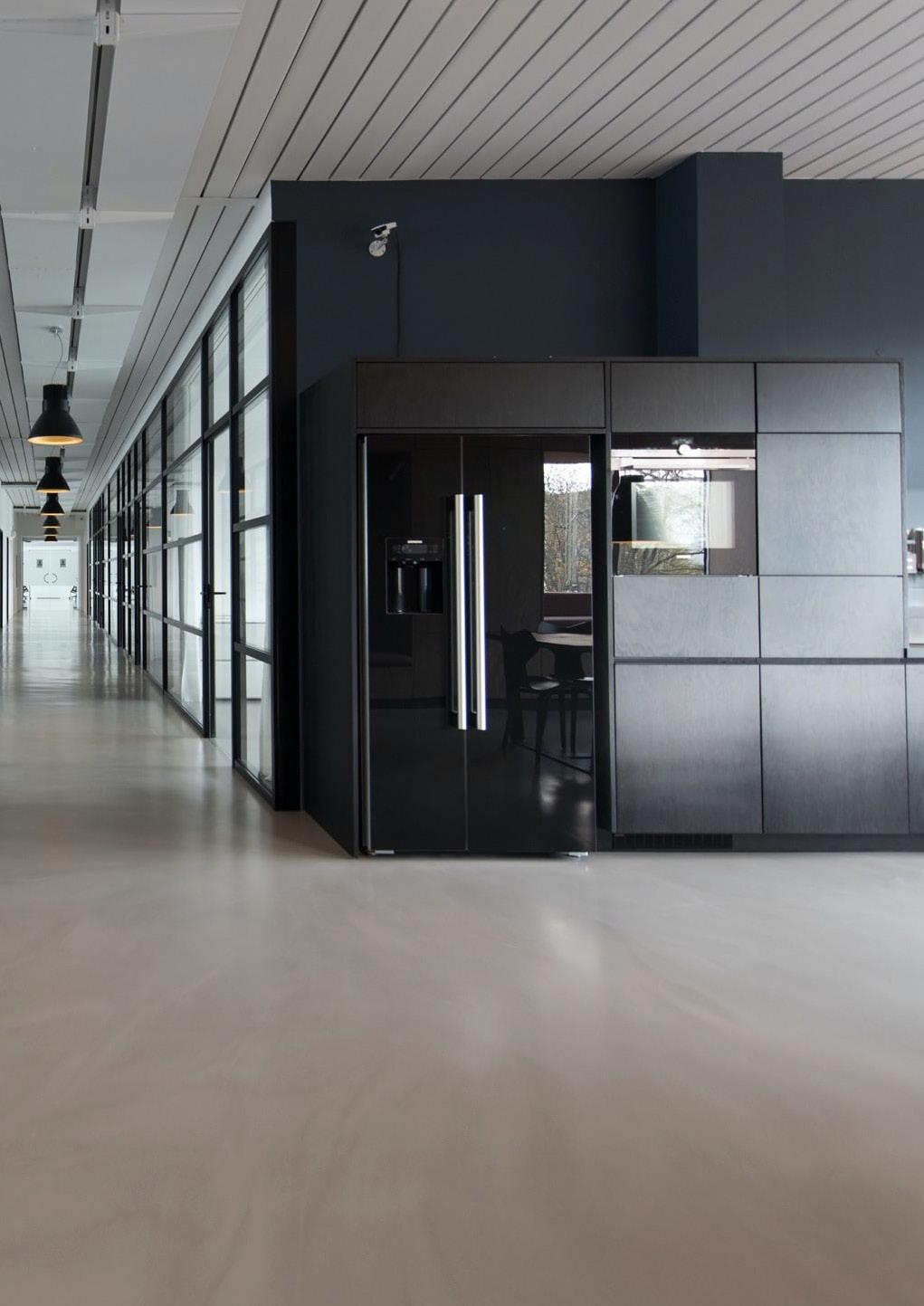
2 minute read
UNLEASHING POTENTIAL FOR OCCUPIERS WILL LEWIS
UNLEASHING POTENTIAL FOR OCCUPIERS
WORDS BY WILL LEWIS
Advertisement
FOUNDING DIRECTOR, OBI PROPERTY
Hybrid and agile working was implemented by some companies prepandemic, but following March 2020 it became relevant to all, forcing every business to pilot remote working.
The main question occupiers have now is; 'what should their workplace be for the future'.
The most popular aspects for the future workplace include; sustainability, flexibility and human centric design, which includes a heightened awareness of neurodiverse needs which refers to the variation in the human brain regarding sociability, learning, attention, mood, and other mental functions. However, as every business is different it isn't advised to roll out changes until the right questions to both employees and leadership have been asked to create the most suitable workplace strategy that is unique to that business. Our advice for businesses is to give time to thoroughly explore what has been learnt about their business since March 2020 and compile a brief for their new workspace which takes more than the attributes of 'days in the office' into consideration. In the initial stages of compiling a brief, many occupiers are stumbling over their differences between leadership and employees' aspirations. This is where the sweet spot of a successful workplace is found by understanding the ‘why’ and the motives that employees and leadership have within the business. Asking 'how many days in the office would you like to work' is a hollow question that doesn’t reveal the instrumental elements to cultivating happiness and productivity. Asking two simple questions that bring out the deeper levels of motives from leadership and employees
goes much further than office size requirement.
Instead of asking how many days - ask ‘what do you want to protect that you gained during Lockdown?’ and ‘what are you most looking forward to when returning to the workplace?’.
The answers to these questions provide much more than hot desking arrangements and goes further into fostering a sense of belonging to all. Research led by MyKindaFuture found that just 32% of UK office workers feel as though they completely belong within their company. In fact, as many as 80% of those who don’t feel a sense of community within their workplace are considering leaving their jobs within the next 12 months.

A 2019 study by BetterUp found that workplace belonging can lead to an estimated 56 percent increase in job performance, a 50 percent reduction in turnover risk, and a 75 percent decrease in employee sick days. The study found that a single incidence of “micro-exclusion” can lead to an immediate 25 percent decline in an individual’s performance on a team project. To conclude; sustainability, flexibility and human centric design can provide many benefits to an occupiers space but without deep exploration of the ‘whys’ for their unique business culture and people, a sense of belonging and purpose will be harder to foster in the space they occupy.
At the heart of a successful and productive workplace is empathy, putting the people at the forefront, and now is the time to seize this post-pandemic opportunity and revolutionise the spaces where we work.






